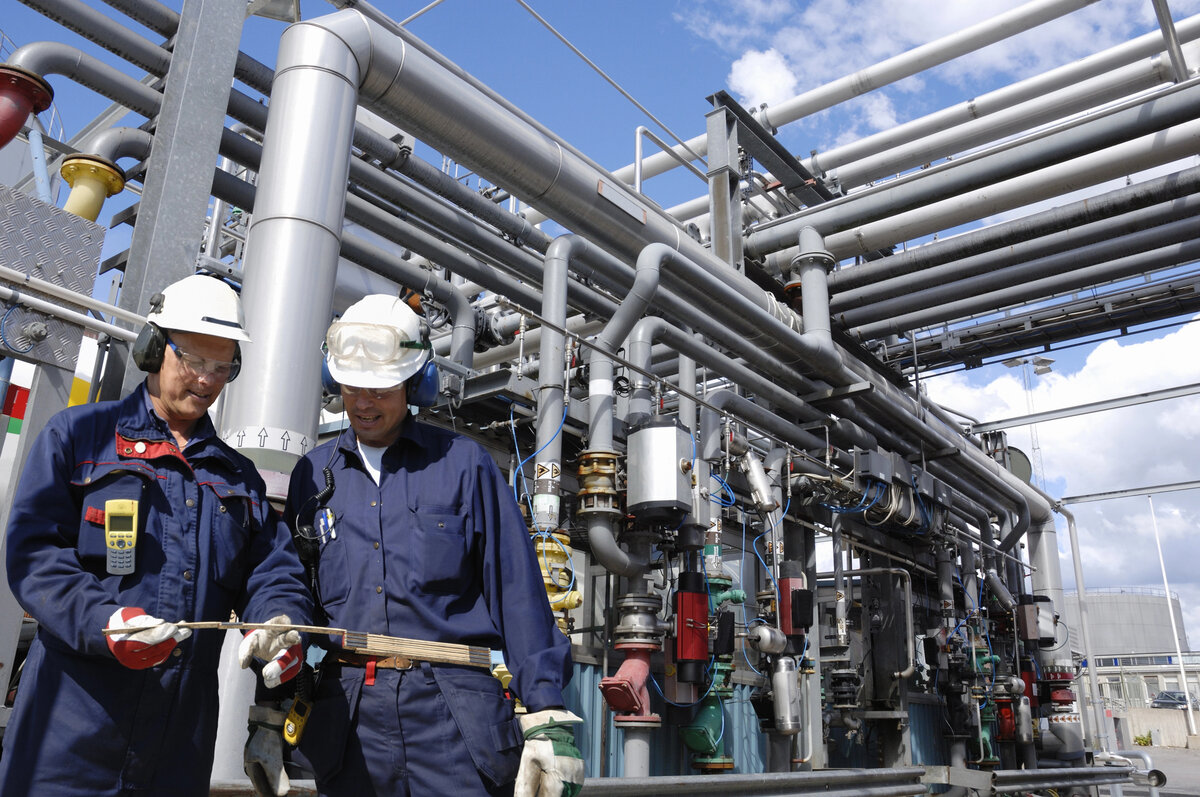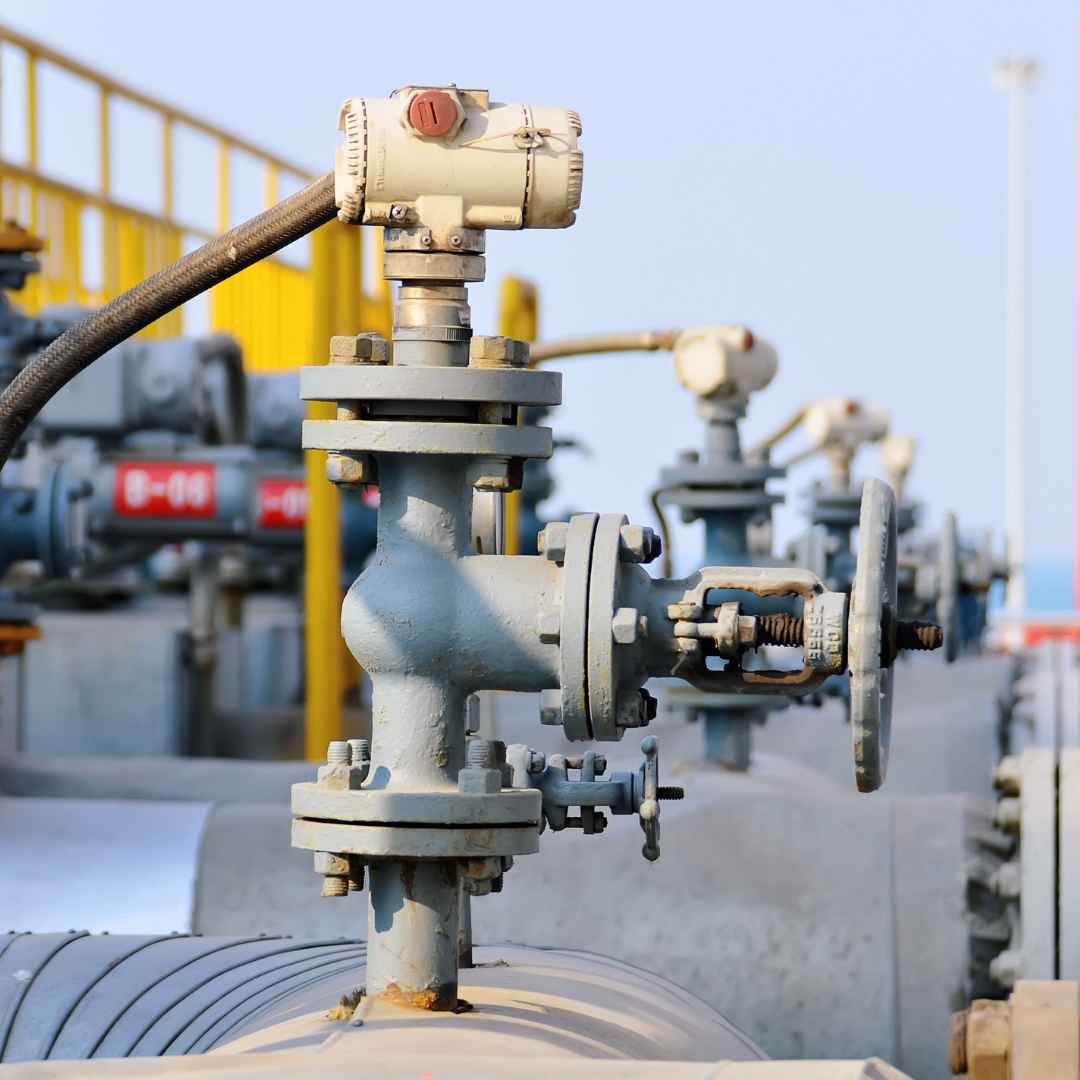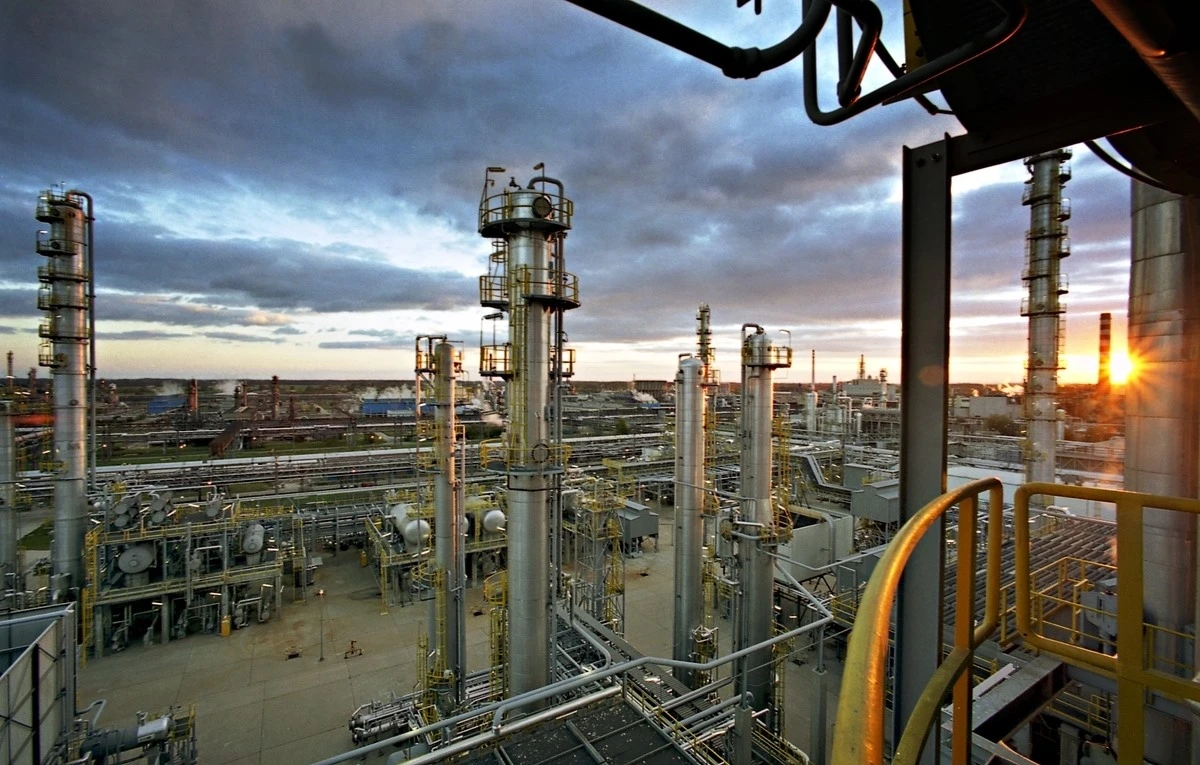Change language:
Russian oil dispute in Hungary: Market struggles or internal conflicts

Europe has been stirred by statements from the Hungarian and Slovak governments, accusing Ukraine of disrupting their supply of Russian oil through sanctions imposed on the oil company Lukoil. Despite the outcry, investigations by the European Commission and statements from various officials have confirmed that there have been no fuel shortages or price increases.
Background of the Russian oil dispute
On 16 July, Hungarian Foreign Minister Péter Szijjártó met with Russian Foreign Minister Sergei Lavrov in New York. Following their meeting, Szijjártó publicly stated for the first time that Ukrainian sanctions were causing problems. He added that negotiations were already underway with Russia to find a solution.
By late summer, Hungarian officials, including Szijjártó, expressed confidence that they were close to resolving the issue, ensuring that Russian oil would continue to flow to Hungary and Slovakia as it had in the past. However, the situation remains politically charged. Hungary and Slovakia have criticised the European Commission for not intervening or convening talks between Brussels and Kyiv, arguing that the Commission’s conclusion that there was no problem was misguided, as we previously reported.
Conflicting accounts and unclear details

According to Válasz Online, there are significant discrepancies in the accounts of what transpired. Ukrainian authorities stated that they had informed Mol, the Hungarian oil company, and Lukoil about the planned sanctions in advance, allowing time for adjustments. Mol reportedly assured the Ukrainian state pipeline company that Lukoil’s oil would not transit through Ukraine, and Ukraine subsequently communicated that trade could continue without issue. According to Ukraine, their sanctions did not result in any reduction in oil deliveries to Mol.
However, conflicting details have emerged from industry sources. It has been reported that four oil traders, including a Swiss subsidiary linked to Lukoil, were involved in transporting oil through Ukraine to refineries in Bratislava and Hungary. Ukraine stated that the subsidiary was not subject to the sanctions, and upon investigation, the European Commission concluded that Ukraine was not restricting transit.
Some sources claimed that the Ukrainian pipeline company had misquoted Mol, suggesting that only two traders were named, not four. This included Litasco, a company linked to Lukoil, and Normeston, a Swiss subsidiary with Hungarian-Russian ties, raising questions about who was actually involved.
Uncertainty persists over how much oil was affected by the sanctions. The Ukrainian pipeline company estimated that 260,000 tonnes of oil destined for Slovakia and 105,000 tonnes for Hungary did not arrive in July due to Lukoil’s self-imposed restrictions. However, the Russian business daily *Kommersant* reported different figures, with only 94,000 tonnes less than planned delivered to Hungary and 189,000 tonnes less to Slovakia.

By August, oil supplies through Ukraine had reportedly returned to normal, with Mol sourcing oil from other traders instead of Lukoil. Various reports suggested Normeston had become the new supplier, purchasing oil from Rosneft, another Russian state-owned company, rather than Lukoil.
Some experts suggest that the entire situation may stem from internal competition among Russian oil companies, with Rosneft attempting to push Lukoil out of the remaining EU market. However, according to Kommersant, Lukoil has been replaced by Tatneft, a Tatarstan-based Russian oil company that now reportedly dominates the Slovak and Hungarian markets. However, the portal reports that its sources indicate that Mol has no direct connections with Tatneft.
Hungarian officials have also floated different solutions. Gergely Gulyás mentioned a potential deal for Mol to buy Lukoil’s oil directly at the Russian-Ukrainian border, though experts pointed out that this suggestion was geographically inaccurate, as the Druzhba (Friendship) pipeline, the main route for oil, does not directly connect the two countries but runs through Belarus.
Political and economic consequences
The confusion was further heightened by statements from Ukrainian officials. Mikhail Podolyak, an adviser to the Ukrainian President, suggested in a media interview that the Druzhba pipeline, which supplies Russian oil, could be shut down by the end of the year. He later corrected himself, clarifying that the pipeline would not be closed until 2029, highlighting the ongoing confusion and miscommunication surrounding the issue.
This ongoing saga illustrates the complexities of the oil trade between Russia and EU member states, as *Válasz Online* comments on the issue. The conflicting statements from governments, companies, and experts create an environment of uncertainty and make it difficult to ascertain the true nature of the problem. Industry insiders even believe that this might be part of a broader competition between Russian oil companies, with Ukraine and EU member states caught in the middle.
Ultimately, the issue showcases how entangled and politicised the energy trade between Russia and the EU has become. Statements from politicians, the media, and even industry experts often seem unreliable, contributing to a broader narrative of mistrust.
Read also:
- MOL not informed of plan to shut down Friendship crude oil pipeline, company says – Read here
- Official: Brussels leaves Hungary and Slovakia to handle Lukoil sanctions alone – Read here
Featured image: depositphotos.com








According to Politico, Orban was getting a price discount from Lukoil and the Ukrainians decided to end Hungary’s ability to profit from it. The supply has been the same but the Hungarian government has been in hysterics for over a month so ask yourself why they insist that they must get their oil from Lukoil. A lot of the mark-up from the discounted price was going into the pockets of the Fidesz elite and they are clearly not happy about that. Orban was profiting from his arrangement from Lukoil getting this oil through Ukraine while at the same time stabbing Ukraine in the back for the past two and a half years preventing it from getting EU assistance. The Ukrainians quite rightly finally put their foot down. Hungary really deserves to get all its’ oil cut off from Ukraine. The Ukrainians have been far too nice to Hungary on this.
https://www.politico.eu/article/viktor-orban-russia-hungary-oil-budapest-imports-europe/
Putin pays off the Fidesz government through discounted oil and gas and in return Fidesz does what the Russian government wants inside the EU and NATO. THAT IS THE ARRANGEMENT. Orban has sold Hungary to Russia. Hungary is a prostitute whoring itself to Russia.